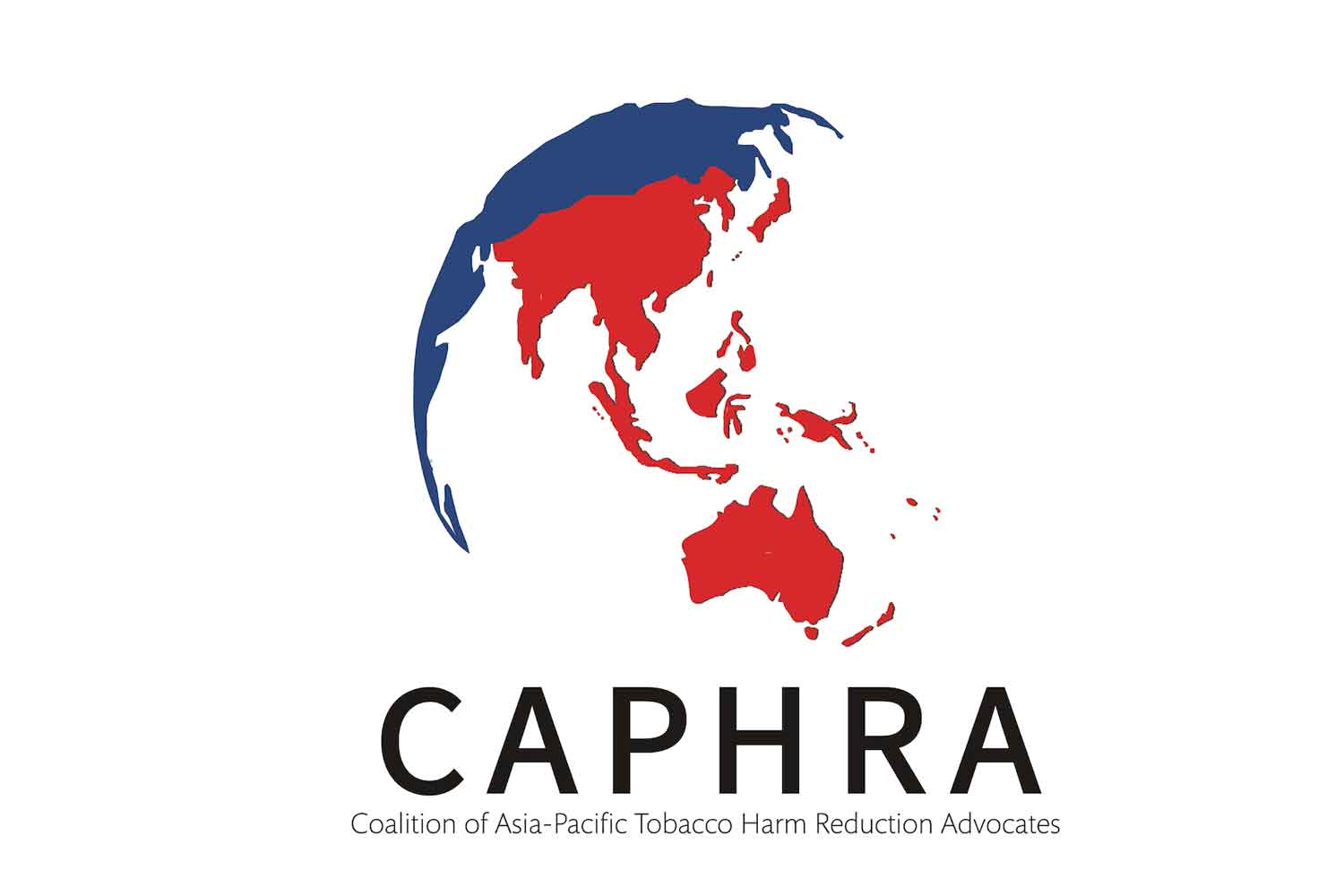The Coalition of Asia Pacific Tobacco Harm Reduction Advocates (CAPHRA) condemned Australia’s tobacco control strategy as a “public health failure” that prioritizes ideology over evidence, fueling a A$6.3 billion ($4.1 billion) illicit tobacco market while adult smoking rates remain stagnant. New data reveals one in four cigarettes consumed in Australia originates from the black market — CAPHRA says that is a direct consequence of the world’s highest tobacco taxes and restrictive vaping policies.
CAPHRA argues this crisis exposes a fatal flaw in Australia’s approach: prohibition without offering safer alternatives drives consumers to criminal networks rather than reducing harm.
“Australia’s tobacco policy doesn’t pass the pub test,” said Nancy Loucas, CAPHRA’s executive coordinator. “Sky-high cigarette prices haven’t made people quit—they’ve made criminals rich.
“The government’s own figures show smoking rates flatlined at 11% since 2019 despite taxing a pack to A$50 ($32.50). Meanwhile, organized crime syndicates pocket A$2.3 billion ($1.5 billion) annually in evaded excise, funding drug trafficking and violent turf wars.”
CAPHRA’s data said Australia’s illicit tobacco trade has surged by 46% since 2020, with over 800,000 smuggled cigarettes intercepted monthly at airports. Criminal syndicates increasingly exploit international travelers, while fire bombings of non-compliant retailers exceed 220 incidents since 2023.
“This isn’t just about lost tax revenue—it’s about community safety,” Loucas said. “Melbourne’s ‘tobacco war’ has seen shops torched and innocent bystanders endangered. The government transformed a health issue into a national security crisis by ignoring basic economics: punitive taxes without alternatives breed black markets.”




